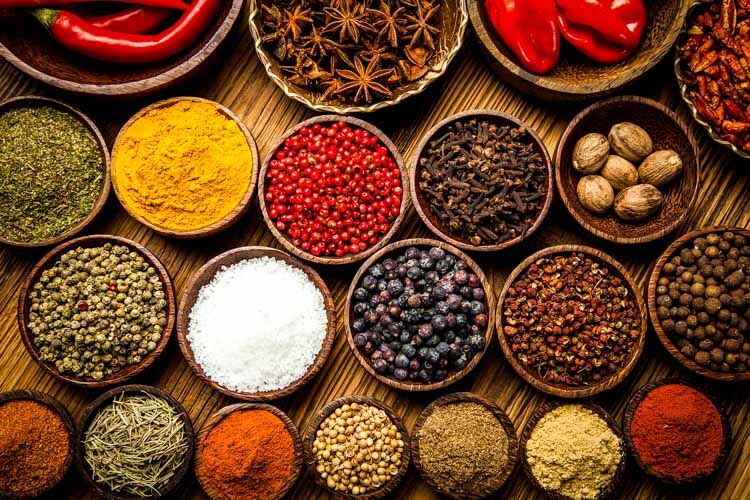
For centuries, men and women have searched for foods, herbs, and other substances that could enhance their sexual experiences. The U.S. Food and Drug Administration (FDA) defines “aphrodisiac” as “any product that bears labeling claims that it will arouse or increase sexual desire, or that it will improve sexual performance.”
In 2015, scientists analyzed approximately fifty medical studies on popular products marketed as aphrodisiacs. Overall, they concluded that more trials are needed before doctors can recommend any substances. They also noted that some products could be unsafe and cause dangerous interactions with drugs one is already taking
The study identified some products that should be avoided completely due to harmful side effects:
-
Bufo toad
-
Mad honey
-
Spanish fly
-
Yohimbine
The following products didn’t have enough data to support their use:
-
Alura
-
Cannabis
-
Chasteberry
-
Chocolate (cacao)
-
Damiana
-
Fenugreek
-
Hersynergy
-
Horny goat weed
-
Oysters
-
Potency wood
-
Rhinoceros horn
-
Saw palmetto
-
Stronvivo
-
Wild yam
The authors added that there is not enough evidence to support the use of vitamins, minerals, and vaginal tightening products as aphrodisiacs.
The authors did find evidence to support the use of these products as aphrodisiacs.
-
Ginkgo biloba
-
Ginseng
-
Maca
-
Tribulus terrestris
-
ArginMax
-
Zestra
However, patients should be aware that these products can still interact with other medications. For example, ginseng can interfere with anticoagulant medications, which help prevent blood clots. In addition, people with hormone-sensitive cancers, such as breast cancer, should not use ginseng.
Patients should always consult with their doctor before trying any supplement or over-the-counter product. They should also notify their doctor about any products they are currently using.
It’s important to remember that sexual desire, arousal, and performance depend on a wide range of factors. A person’s overall health, psychological well-being, and emotional state can all be involved. For example, medical conditions like diabetes and heart disease can impair a man’s erections. Women going through menopause might have trouble with vaginal lubrication. Fatigue, stress, anxiety, and relationship problems can make people less interested in sex.
If you are having a sexual issue, be sure to see your doctor. Medical treatment and sexual therapy may be needed, but your healthcare provider can tailor your treatment to your specific needs.
Read More
error: Content is protected !!


